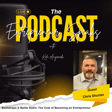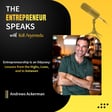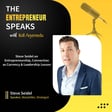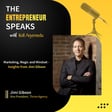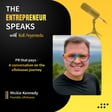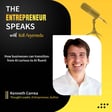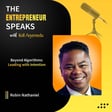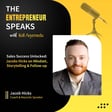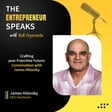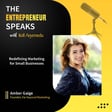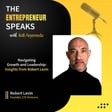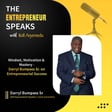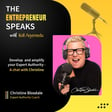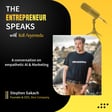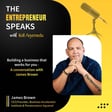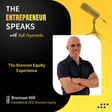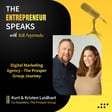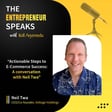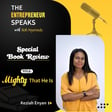
Grace and Grit - Redefining success with Christelle
In this episode of The Entrepreneur Speaks Podcast, host Kofi Anyemedu reconnects with his Achimota School mate, Christelle Niamke, whose 18-year career spans operations, compliance, and HR at powerhouse firms like Blackstone and Morgan Stanley.
Now the founder of Ubora Solutions, Christelle serves as a Fractional COO and Operations Advisor, partnering with boutique firms in high-trust industries such as real estate, yachting, and private aviation. Her mission: to bring clarity and order behind the scenes so growth becomes both sustainable and scalable.
Christelle opens up about the wins and challenges of transitioning from corporate to entrepreneurship, the role of a Fractional COO, and her personal journey writing Hope After Infertility, a book that combines courage, vulnerability, and leadership.
This episode, Grace and Grit – Redefining Success with Christelle, blends strategy and systems with soul and resilience, perfect for anyone seeking to build a business with impact and a legacy with purpose.
